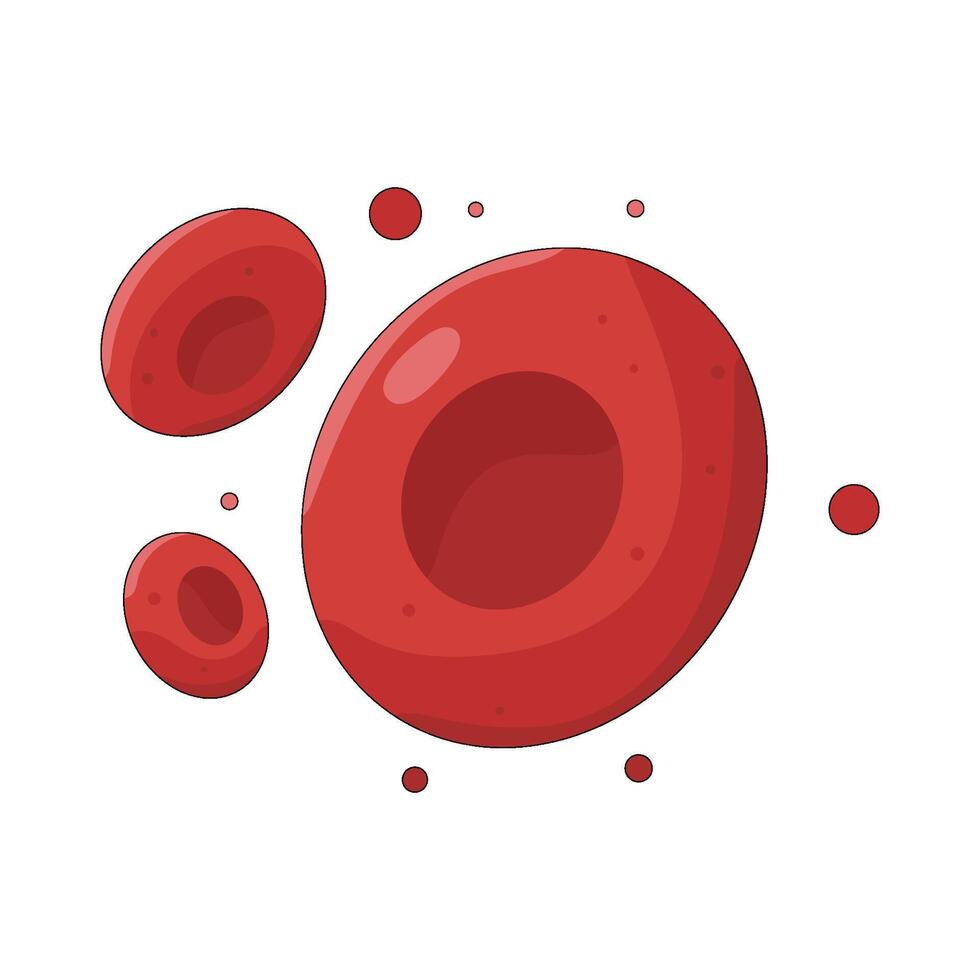HELP (High or Elevated Level of Platelets) Flag
The HELP (High or Elevated Level of Platelets) Flag pilot is a new NHS-backed initiative led by the University of Exeter, Royal Devon University Healthcare NHS Foundation Trust (RDUH), and the Peninsula Cancer Alliance. It helps GPs spot early cancer warning signs by analysing platelet counts from routine blood tests in a more personalised way.
What Is the HELP Flag?
When someone has a blood test, their platelet count is included as standard. In some cases a high platelet count can be an early indicator of cancer, particularly lung and bowel cancers.
Until now, thresholds for interpreting these results haven’t accounted for natural variation between patients. The HELP Flag changes this by using a personalised algorithm to detect potentially concerning results, helping GPs spot cancer sooner and refer appropriately.

Innovations Menu
How It Works
Every year, RDUH processes around 500,000 blood tests that include a platelet count. HELP Flag uses a new algorithm to analyse platelet levels more personally. When a raised platelet count is detected, the GP is:
-
-
Alerted to the result
-
Given guidance on what steps to take next
-
In a single year, for every 500 patients flagged by HELP, around 20 cancers could be detected earlier.
- Patient has a routine blood test at their GP
- The sample is analysed by RDUH’s Blood Sciences Laboratory.
- A new algorithm flags high platelet counts based on age and sex.
- The GP receives the results and specific guidance on next steps.
- If appropriate, the patient is investigated further — potentially leading to earlier diagnosis and better outcomes.
